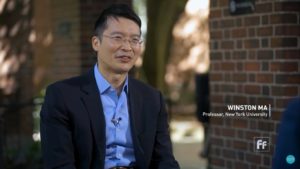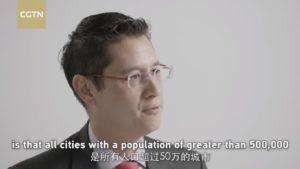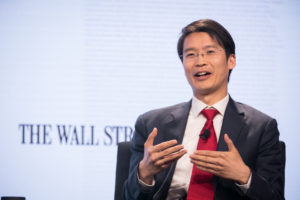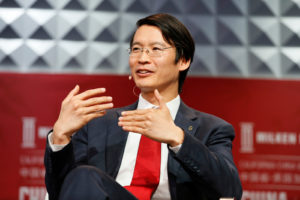
China’s industrial policy towards data and Artificial Intelligence (AI) is changing, writes Winston Ma, adjunct professor at the New York University at Europeansting.com. “The fresh approach could be a model for developing economies to follow — but the nature of AI innovation and expansion means they also risk being left behind.”
Winston Ma:
Now the Generative AI boom in 2023 is further driving Chinese companies — in about every sector — to invest heavily in research and development of the latest digital technologies. They are rushing to learn how new digital technologies, also including the internet of things, blockchain, cloud computing and data analytics (dubbed “iABCD”) can be integrated into their businesses to unlock value from non-traditional angles.
This powerful trend is real and accelerating. In early January, China’s 17 government departments and ministries issued a three-year “Data Element X” action plan, one month after the “Data X” concept was introduced. The action plan will promote “high-level application of data”, highlighting “high quality” data supply, data circulation, data analytics and data security.
For example, enterprise leaders use data and metrics to assess performance, identify gaps and update plans. In almost all companies, this is historical data about what has already happened, and leaders may get away with that (the figurative equivalent of driving forward with your eyes fixed on the rearview mirror) when the world is stable and business conditions are certain.
But today’s tumultuous post-pandemic world is riven with macroeconomic, geopolitical and technology disruptions. In addition to the need for more real-time data, the businesses further need the predictive capabilities of AI that can help them anticipate and shape the future. As such, the new data capabilities of businesses and industries will result in more profound transformation than from the mere addition of internet.
In short, the main task of “Data X” is to activate the data market, enabling data to realize its full value. This happens at a time when data is created at an increasing pace. In addition to the data creation by the existing digital economy, in August 2022, the number of connected “things” (mobile IoT devices) exceeded that of connected “people” for the first time in China. More data will be created by “things” in the future than “humans”.
More at the Europeansting.com.
Winston Ma is a speaker at the China Speakers Bureau. Do you need him at your meeting or conference? Do get in touch or fill in our speakers’ request form.
Are you looking for more innovation experts at the China Speakers Bureau? Do check out this list.




